Preventing waste and improving eldercare
These Emerging Enterprise Awards finalists are redefining sustainability and wellness across Asia

[SINGAPORE] From compostable materials and sustainable construction to artificial intelligence (AI)-powered eldercare and specialised nutrition, these four companies are showing how innovation can address environmental challenges and improve quality of life for ageing populations.
They are among the finalists of this year’s Emerging Enterprise Awards. Established in 2008, the awards recognise startups and young businesses across Singapore and Asia, providing resources to boost their growth.
Such high-performing businesses have an enterprising mindset, consistently pursue growth and are always on the lookout for new markets.
This year’s awards are co-presented by The Business Times and OCBC, and supported by Mastercard; Rajah & Tann Asia; RSM Singapore; the Agency for Science, Technology and Research; Enterprise Singapore; and Paia by CBRE.
Giving wood waste a second life
Mega Komposit Indonesia combines recycled sawdust with plastic to create durable eco-friendly building materials
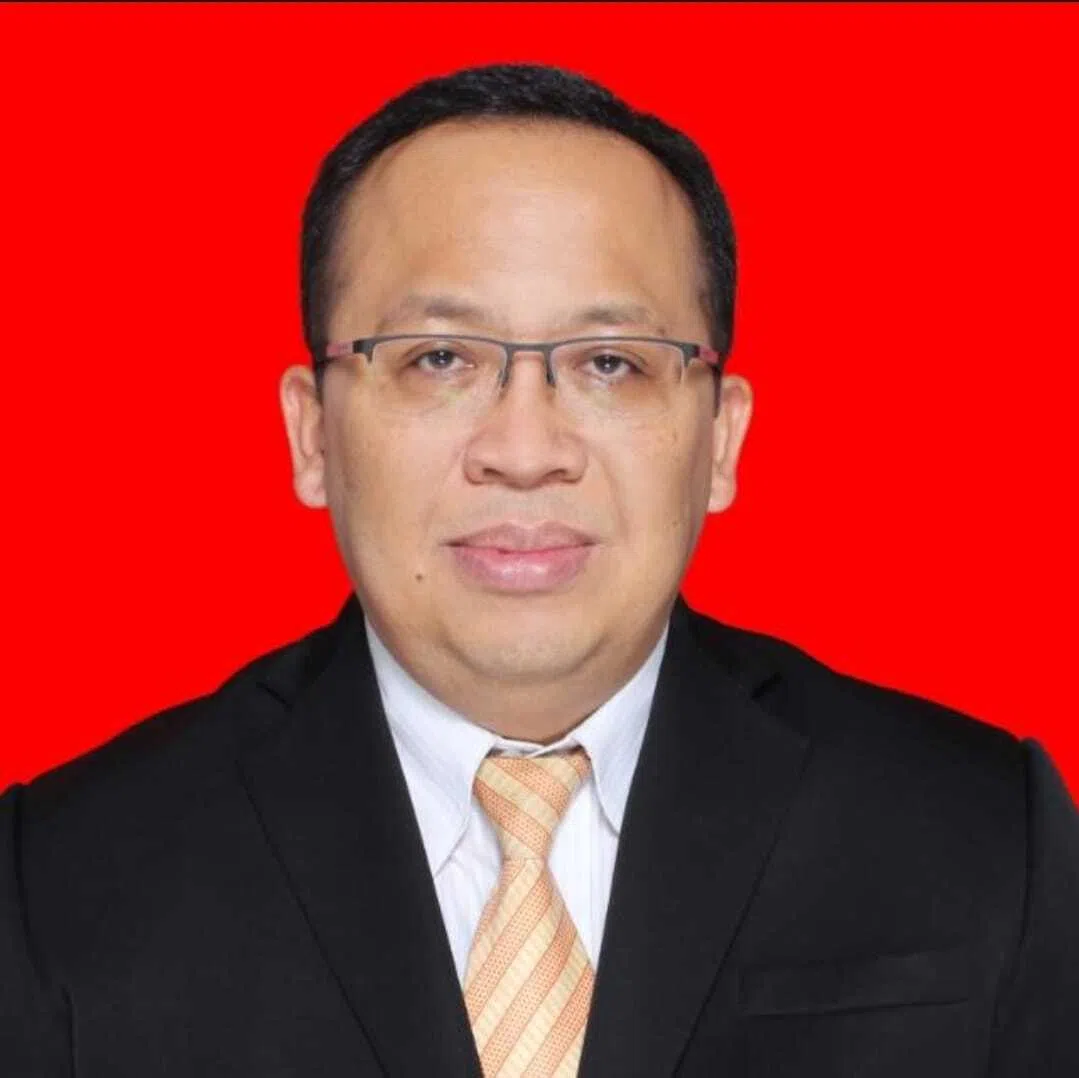
Mega Komposit Indonesia specialises in producing wood plastic composite (WPC), an environmentally friendly alternative to wood.
Navigate Asia in
a new global order
Get the insights delivered to your inbox.
As a WPC factory in Indonesia, we aim to produce materials made from unused, recycled wood powder, also known as sawdust.
Our products are designed to deliver strength and beauty similar to natural wood, but are more durable and sustainable. By using this material, we help reduce dependence on tree logging and mitigate the rate of deforestation.
Housing developers, architects and interior consultants benefit most from our products.
Our customers benefit from WPC products that combine the beauty of natural wood with high durability; are available in various models for exterior and interior applications; and serve as a more durable and sustainable wood alternative that reduces maintenance costs.
We plan to expand our product range, strengthen digital marketing and increase our presence in Indonesia’s growing eco-construction market. We are also exploring regional export opportunities within South-east Asia.
Turning agricultural waste into tomorrow’s materials
Alterpacks produces high-performance alternatives to plastic, aluminium and coated paper
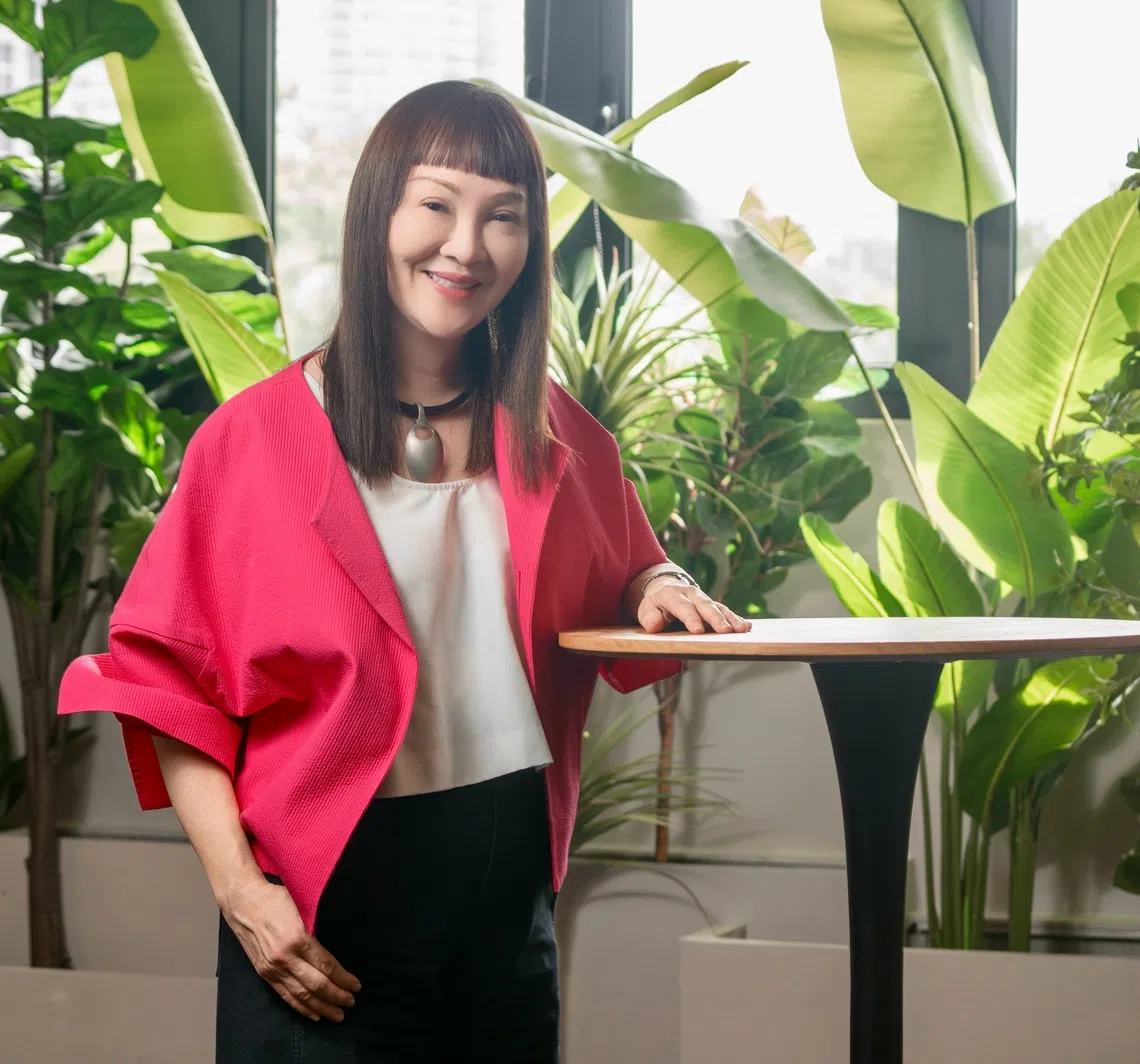
At Alterpacks, we are building a platform that transforms agricultural waste – such as spent wheat – into high-performance, home-compostable alternatives to plastics, aluminium and coated paper.
At the core of our innovation is a proprietary plant fibre additive that enhances strength, temperature resistance and durability. This additive can be integrated into existing pulp and fibre manufacturing lines, enabling our partners to produce compostable products without retooling their operations.
We serve a wide range of stakeholders – food and beverage operators, retailers, hospitals, manufacturers and policymakers – who are looking for safe, scalable ways to decarbonise their operations.
What sets us apart is our ability to enable others to manufacture compostable products using local agricultural waste. This supports circularity at the source and helps reduce upstream emissions.
Our materials are independently verified by safety, quality and certification services company TUV Rheinland to reduce carbon emissions by up to 78 per cent compared to plastics. They are also certified home-compostable by product certification organisation Din Certco.
In the near term, we are deepening our presence across key Asia-Pacific markets, while exploring expansion into the UK, Europe and the Middle East. We are also actively raising our seed funding round to support growth: expanding production capacity, advancing product development and accelerating our licensing model.
Beyond food applications, we’re piloting compostable medical consumables at one of Singapore’s largest restructured hospitals, and developing premium gift box solutions with a sake producer in Japan.
We are now transitioning towards a business-to-business materials model, supplying our proprietary Alterpacks additive to pulp and fibre original equipment manufacturer lines. Our long-term vision is to replace one billion single-use products by 2030 and build a global ecosystem where agricultural waste becomes the foundation for the next generation of regenerative materials.
Averting health crises before they happen
SmartAge Intelligence uses proactive prevention and telenursing support for more responsive eldercare
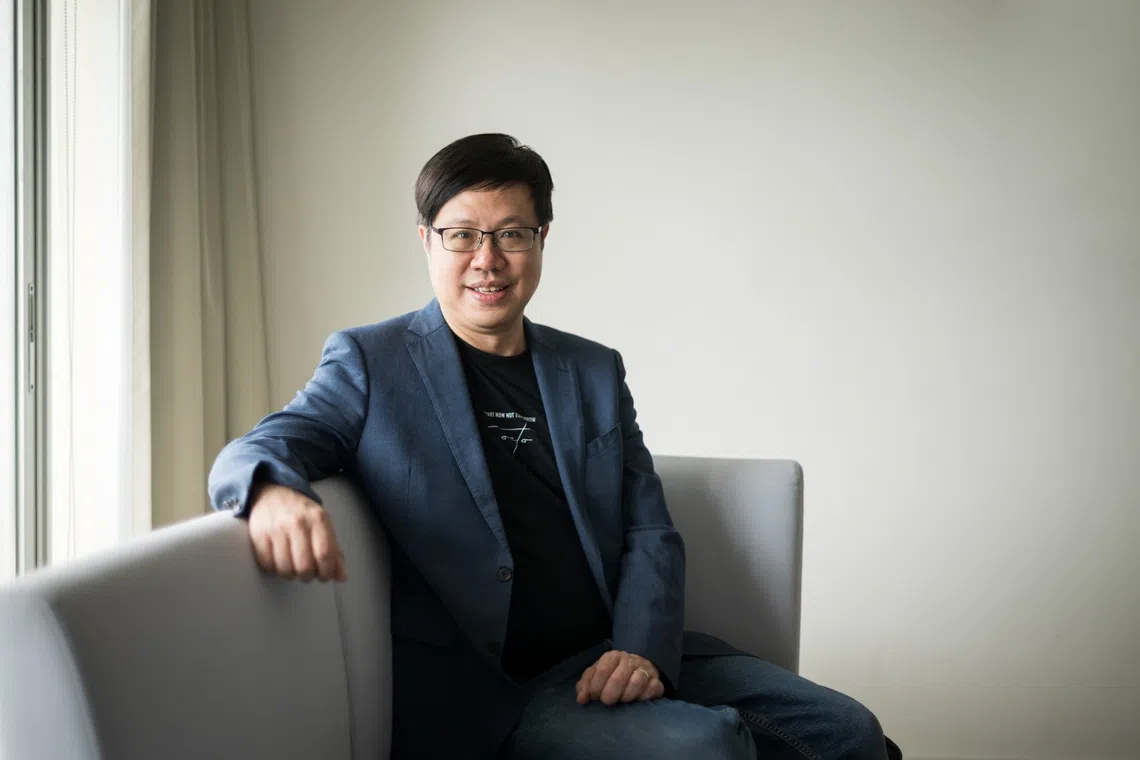
SmartAge Intelligence is a deep-tech health startup that uses AI and telenursing to detect subtle health changes in elderly people who live independently.
I founded the company after a personal tragedy involving my mother. She lived alone and despite having an emergency button, she fainted in the bathroom and died days later. This came after the emergence of subtle health symptoms, which we did not recognise.
This and other stories reveal a hard truth: Emergency alarms and fall-detection devices still miss many warning signs. Families need earlier signals and timely guidance, not just a siren after a crisis.
SmartAge tackles this gap with proactive prevention and telenursing support. Our SmartAge Home System analyses daily activity and location-based time-tracking patterns to surface meaningful changes – missed meals, bathroom irregularities, disrupted sleep, mobility decline or cognitive risk signals.
It works without cameras, wearables or buttons, preserving dignity and privacy while continuously building a personalised baseline.
With our technology, families receive clear, timely health knowledge and AI-generated professional questionnaires that translate signals into actionable next steps. Our elderly-friendly, cost-effective telenursing service provides triage, practical advice and coordination with community resources.
The result is earlier identification of risks such as dementia or functional decline, fewer preventable crises and real peace of mind for families.
Our approach won the Smart People (Smart Ageing) Silver Award at the 2024 Hong Kong ICT Awards, as well as a Maker in China Merit Award. It is supported by Cyberport Incubation, the Social Innovation and Entrepreneurship Development Fund and the Hong Kong Housing Society Proof-of-Concept Programme with Cyberport.
SmartAge focuses on older adults who live alone or require some assistance, whether they are currently healthy, have emerging health risks or are managing chronic conditions.
Families benefit from timely alerts, clear guidance and telenursing support that turn early signals into coordinated care. Our telenurses benefit from AI-generated insights and questionnaire responses that improve consultations.
Meanwhile, community partners such as non-governmental organisations, housing operators and clinics gain streamlined case management and better resource allocation through earlier detection and targeted referrals.
In the coming years, we will pursue collaborations with insurance companies, universities, healthcare referral platforms, telemedicine providers, elderly housing developers and elderly homes to deploy our SmartAge Home System.
This is while advancing regional expansion, particularly in Singapore and across Asean. To accelerate these initiatives, we are raising new funding.
Making safe nutrition accessible for people with dysphagia
My Care Healthcare’s products support well-being, independence and emotional connection
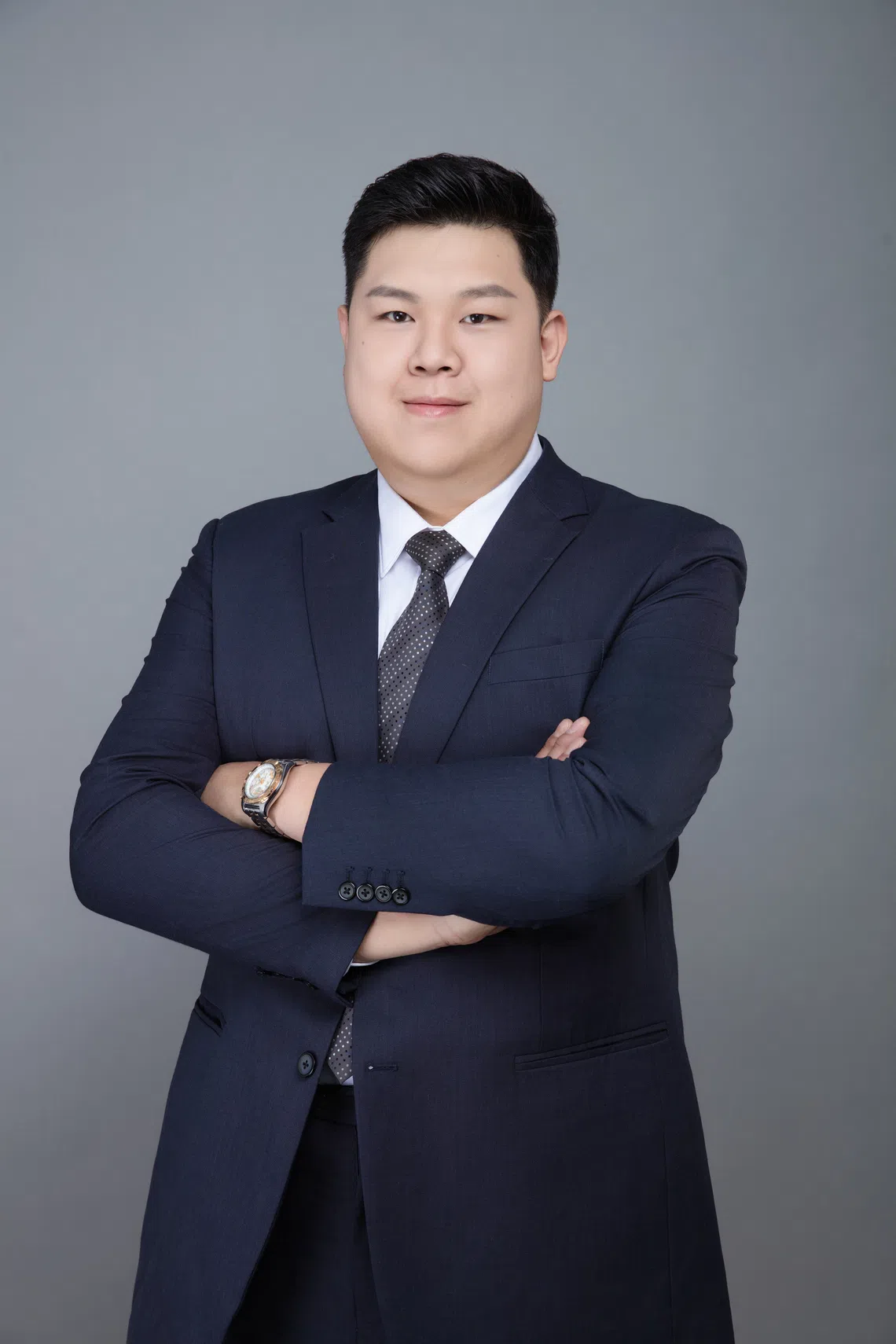
My Care Healthcare manufactures dysphagia food for people with swallowing difficulties, also known as dysphagia.
Our mission is twofold. First, to enhance the lives of elderly people by providing wholesome, easy-to-prepare food that supports physical well-being, independence and emotional connection.
Second, to craft meals with care, using fresh, natural ingredients and cutting-edge nutrition research to address ageing-related challenges such as swallowing difficulties, diabetes and kidney disease.
We provide easy-to-handle, safe and standardised products that can fulfil patients’ daily nutritional needs while helping caregivers overcome concerns about making food that meets the International Dysphagia Diet Standardisation Initiative (IDDSI) standards.
IDDSI provides the common terminology to describe food textures and drink thickness, improving safety for individuals with dysphagia.
Meeting these standards requires specific knowledge and careful preparation, a burden that we remove from caregivers.
We created a market in Hong Kong for elderly food, from ground zero to significant scale, through our own patented additives and know-how to produce food that fits IDDSI standards.
Our research and development capabilities separate us from competitors. We keep innovating better production methods and continually review our manufacturing processes to ensure quality and safety.
Our approach addresses a critical gap in eldercare. Dysphagia affects many elderly people and can lead to malnutrition, dehydration and aspiration pneumonia if not properly managed.
Traditional approaches often require caregivers to modify regular food textures at home, a process that requires skill, time and constant vigilance to ensure safety.
We are planning to increase awareness of the product in the Hong Kong retail market. Right now, more than 90 per cent of elderly homes can benefit from specialised dysphagia food, but only 4 to 6 per cent of consumers are aware of this.
Therefore, we plan to get into local supermarkets, launch advertisements and participate in exhibitions. We have also started to work with more than 60 distributors in China across different districts and cities, and we have begun supplying soft meals to hospitals and elderly homes throughout the country.
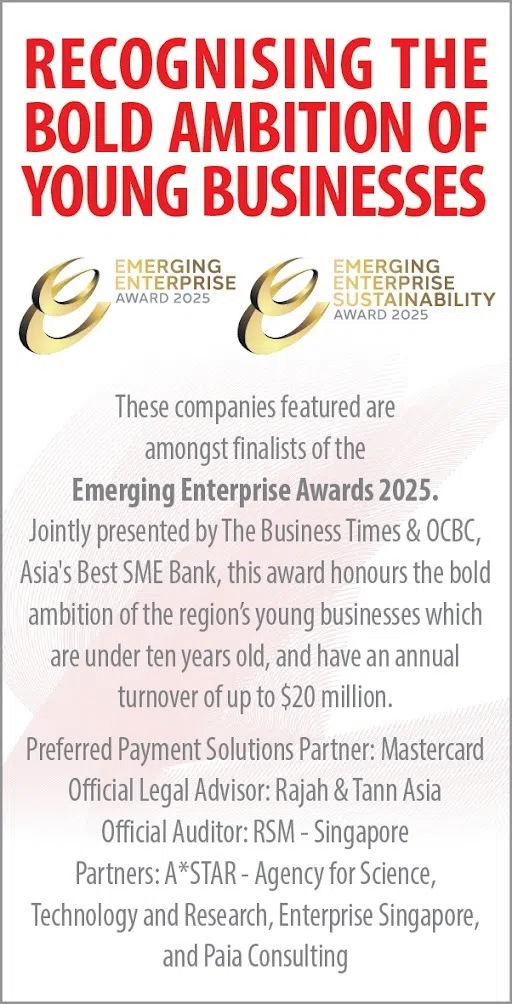
Decoding Asia newsletter: your guide to navigating Asia in a new global order. Sign up here to get Decoding Asia newsletter. Delivered to your inbox. Free.
Copyright SPH Media. All rights reserved.





